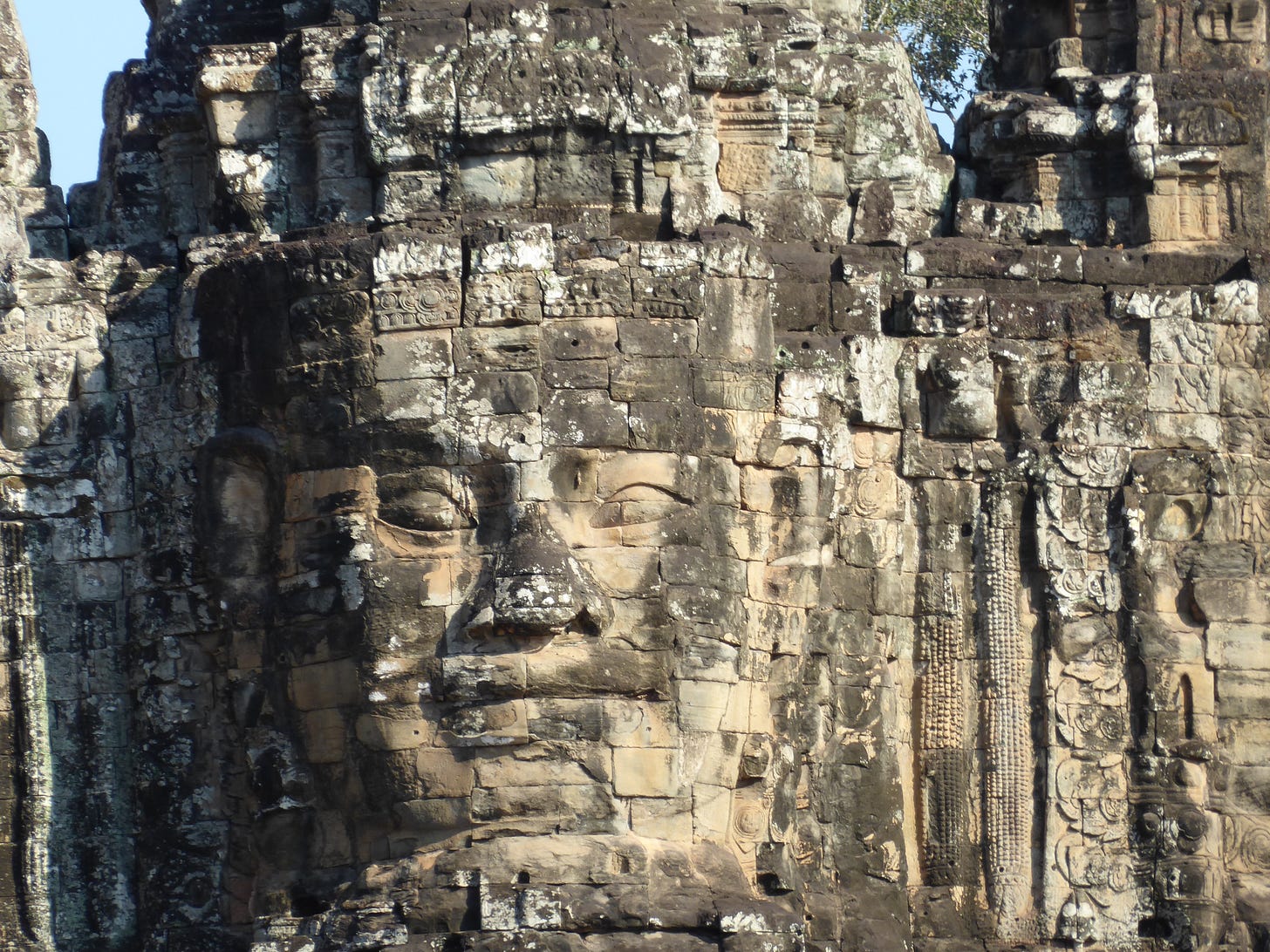Eco and Cultural Tourism in Cambodia
Protection of the rich environment requires vigilant monitoring
Welcome to our Mekong Dispatch Weekly. Our news aggregator brings you the latest news on the environment in the Greater Mekong. Our team of dedicated editors curates the latest news articles. This week our attention turns to Cambodia and its tourism sector, which has been a crucial driver of economic growth and job creation for many years, serving as a cornerstone of the nation's development. The country's rich array of natural landscapes, from lush forests to pristine beaches, combined with its deep cultural heritage and historical landmarks, most notably the Angkor Wat temple complex, have made it a magnet for international travellers. Each year, millions of visitors are drawn to the Kingdom, eager to experience its unique blend of history, culture, and natural beauty. This consistent stream of visitors has not only increased the GDP of the country but also given a large section of the populace job opportunities, which has further fuelled Cambodia's economic growth. As a result, the tourism industry remains a key pillar in shaping the country's future growth and prosperity.
Under the leadership of Mr. Hun Manet, the prime minister, who has largely followed the playbook of his father, Hun Sen, who was prime minister for almost four decades, there remain challenges to protect the environment and to allow non-government organizations (NGOs) and environmental activism to co-exist. Common challenges include invasive top-down surveillance, arbitrary violations of activists' rights, and the forced closure of non-governmental organisations. To ensure the long-term sustainability of its tourism sector, Cambodia must prioritise environmental conservation and responsible tourism practices. One key step is strengthening the protection of its natural resources, including forests, rivers, and coastal areas, which are significant attractions for eco-tourists. The government can implement stricter regulations to prevent deforestation, illegal logging, and land degradation while encouraging reforestation projects and sustainable land use. Additionally, the preservation of Cambodia’s diverse ecosystems, such as the Tonle Sap Lake and its surrounding wetlands, is essential, as they support both biodiversity and the livelihoods of many local communities. Introducing protected areas and promoting eco-tourism initiatives can help maintain the delicate balance between development and conservation.
Another major issue is the environmental impact of hydropower and dam construction, particularly along the Mekong River. These projects have disrupted ecosystems and the livelihoods of communities dependent on fishing and agriculture. There is growing concern about water security and biodiversity loss due to the cumulative effects of upstream damming in Cambodia and neighbouring countries.
Moreover, addressing pollution and waste management is critical to maintaining the pristine condition of Cambodia's natural attractions. The tourism industry must adopt measures to reduce its environmental footprint, such as promoting sustainable infrastructure, using renewable energy sources, and implementing waste reduction strategies, including proper recycling systems in tourist-heavy areas. Engaging with local communities and educating both residents and tourists on the importance of environmental stewardship can also foster a collective effort toward preserving Cambodia's natural heritage. By adopting these steps, Cambodia can not only safeguard its environment but also continue to attract environmentally conscious tourists, ensuring the country's long-term appeal as a travel destination.
While there are government-led initiatives aimed at promoting sustainable development and international cooperation on environmental issues, implementing these changes effectively remains a daunting task due to ongoing corruption, limited resources, and competing interests.
Recommended reading:
https://www.originaltravel.co.uk/travel-guide/cambodia/sustainability
https://www.gocambodia.tours/a-guide-to-the-national-parks-of-cambodia-preserving-natural-beauty/
https://amro-asia.org/recharging-cambodias-tourism-sector





